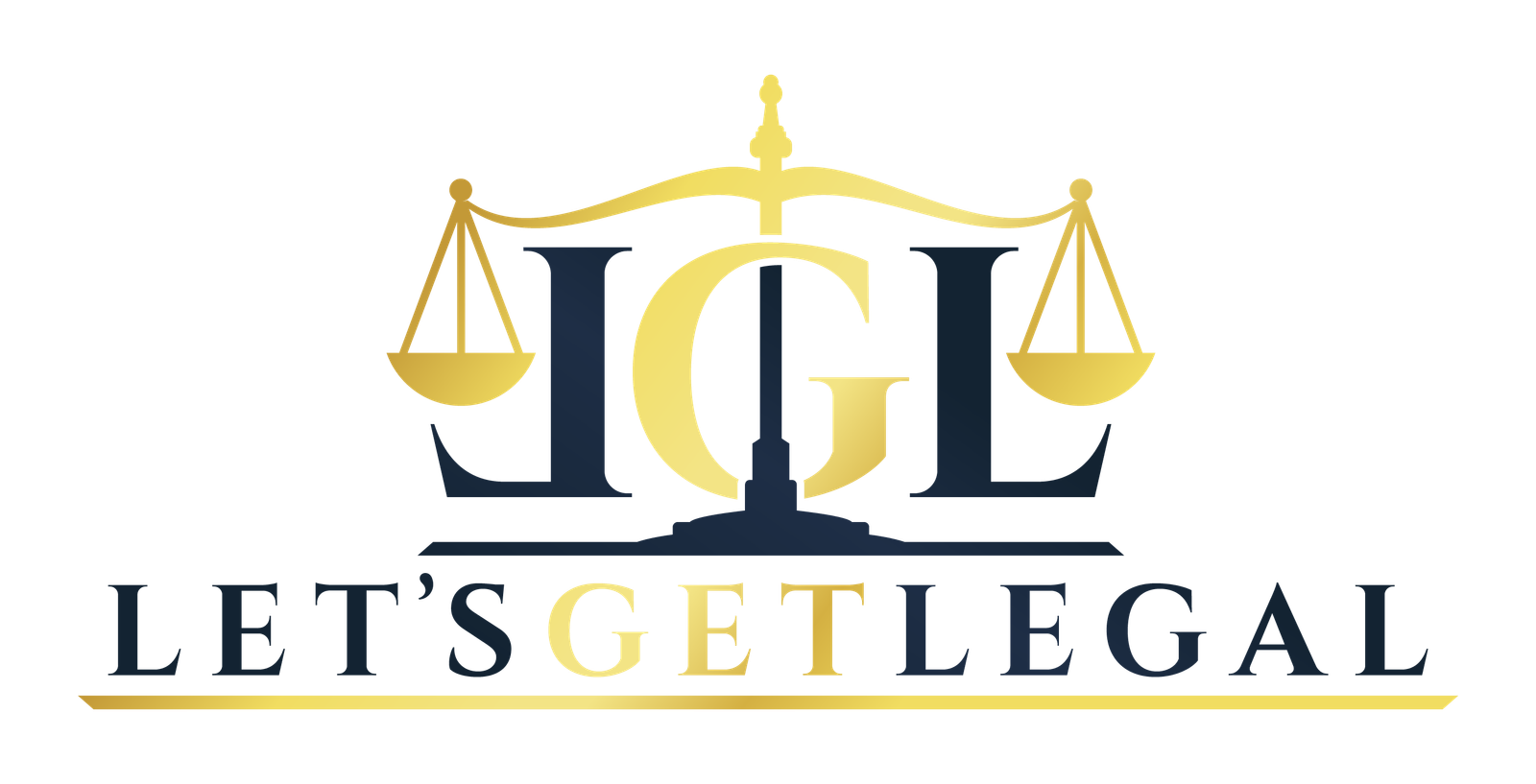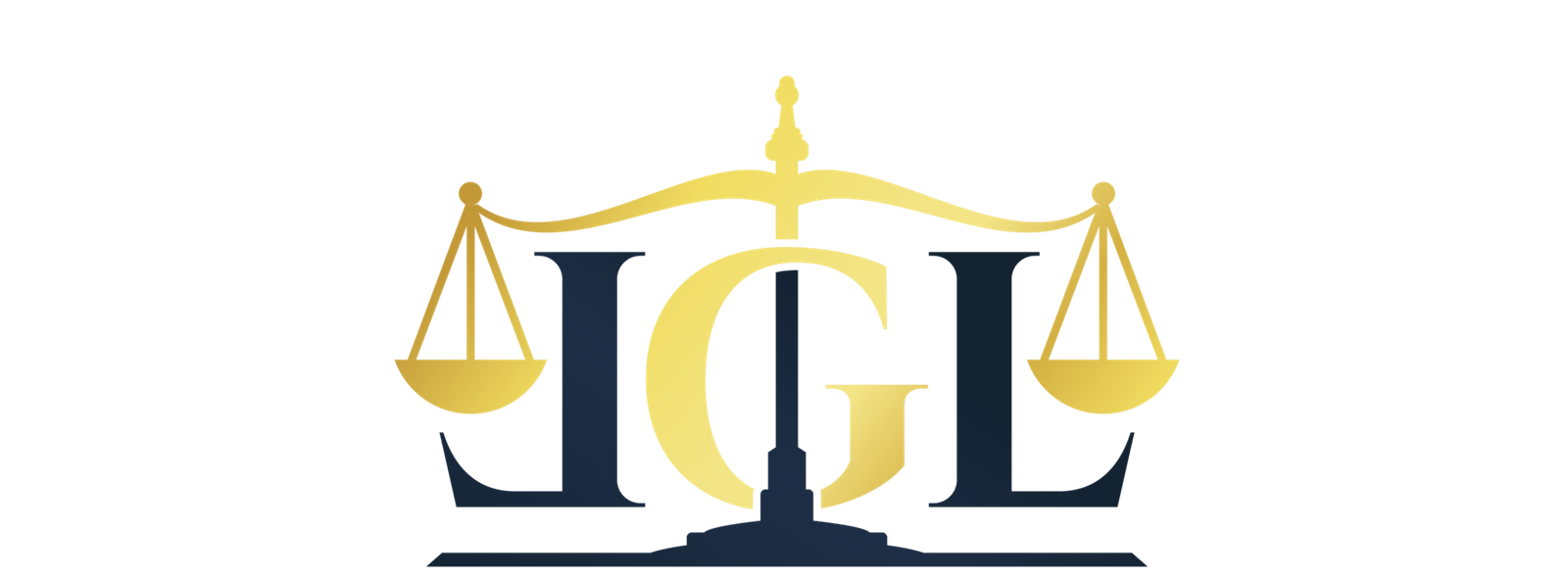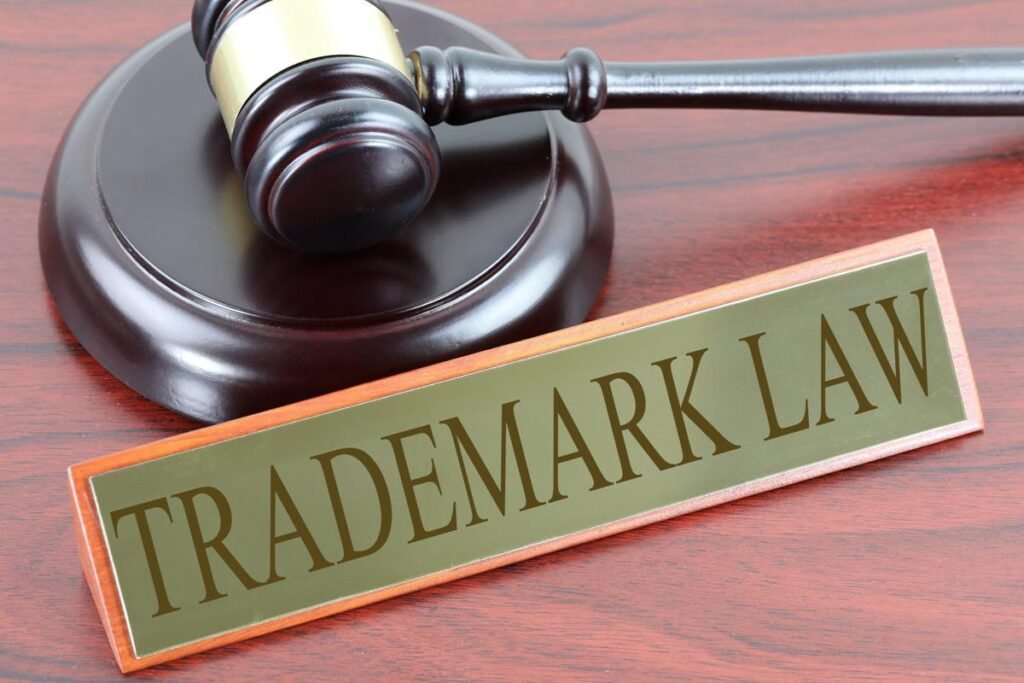Monster vs. Vermonster – The trademark holders of the energy drink “ Monster” filed a suit against the brewery that manufacturers the beer of “ The Vermonster. “ The makers of Monster energy drinks argued that the name of Vermonster would confuse consumers. This case was dismissed because there was a clear cut difference between both the marks. Further, one was an energy drink, and another was a beer. There is no likelihood of confusion being caused in the minds of consumers. The aftermath of this case involved measures taken to address this issue of trademark bullying. The U.S Department of Commerce, upon consultations with the IP enforcement coordinator and the US Patent and Trademark Office, prepared a report that was presented to Congress. This report was titled “ Trademark Litigation Tactics and Federal Government Services to Protect Trademarks and Prevent Counterfeiting.” The report addressed the issue of wrongful harassment and intimidation of smaller businesses beyond what the law might be reasonably interpreted to allow by trademark owners.
Mcdonalds Case – This is an example of a case of trademark bullying within the EU jurisdiction. McDonald’s has recently been accused of trademark bullying by the CEO of the Supermac fast-food chain. The allegation raised is of McDonald’s bullying its competitors by choosing to trademark every word containing either “Mc” or “Mac”
Forever 21 case- Adidas is a company known for its well-established trademark logo of “ three stripes.” To protect its trademark, the company sued various other brands, including Forever 21, using the design of “three stripes” on their clothing.
Importance of this case – trademark owners, wrongly interpret their position to indicate that they have an absolute monopoly over the use of their logo under the trademark rights held by them. Forever 21 claimed that the stripes used by them were ornamental, decorative, and aesthetically functional. None of their clothing represents the three-stripe mark of Adidas. Consumers are not likely to associate their items with Adidas. Forever 21 then filed a suit seeking a declaration to prevent Addidas from claiming a monopoly over all items with any form of stripes. This case is yet to be decided.
Apple vs. Healthy Kids case /Prepear case (2017) – In 2017, Super Healthy Kids, the parent company of Prepear, filed a trademark application for their logo shaped like a pear. Apple filed an objection relating to its trademark on the last day of filing of objections. Apple’s well-established logo is an apple. Thus, Apple contended that the pear-shaped logo would create confusion in the minds of the public consumers. Prepear filed a counter-petition stating that Apple has continuously engaged in such behavior of opposing any fruit-based logos of small businesses. Eventually, these businesses were forced to abandon their logos. The petition also stated the monetary losses incurred by Prepear as a result of litigation. Although This case is yet to be decided, on analysis, it is evident that the logos of pear and apple are not similar. Prepear’s logo involves a pear with a leaf pointing downwards with a white space in the middle, surrounded by a green border. Apple’s logo is a half-eaten apple. The colors of the logos are completely different. Further, they relate to distinctive fruits. This case’s significance is that it provides various factors to be taken into consideration when deciding whether it is a case of trademark bullying and or trademark enforcement.
Milmet Oftho Industries and Ors v Allergan Inc – In this case, the court held that “The mere fact that the Respondents have not been using the mark in India would be irrelevant if they were first in the world market.” An Indian pharmaceutical company was the appellants in this case. The company was involved in the sale of the drug ‘Ocuflox.’ The respondents were an international pharmaceutical company involved in selling a drug with a similar name as the appellants.Thus, the operative test, when determining trademark infringement, is who was first in the market.
Jones Investment Co Inc vs. Vishnupriya Hosiery mills (2015) – The respondents, in this case, had filed a trademark application for the name “Jones” about their textile products. The appellants are an American company, Jones Investment Co, that have been using the trademark ‘Jones New York’ for their apparel and footwear products. The appellants opposed the trademark application of the defendants, and the registrar dismissed their notice of opposition. Thus the appellants chose to appeal, giving rise to the present case. The appellant contended that it had acquired an international reputation due to extensive use of its trademark. Further, the respondents’ use of the disputed trademark was likely to create confusion in the minds of the consumers. The IPAB ruled against the respondents and held that Indian companies must not be prevented from bonafide use of trademarks by multinational companies that have no intention of selling their goods in the Indian Market, provided the Indian companies were, in fact, the first users of the trademark. In its reasoning, the court relied on the judgment of Milmet Oftho Industries and Ors v Allergan Inc.
Importance of this case– protecting Indian manufacturers, In this case, the courts went in favor of the respondents as the appellant multinational company failed to demonstrate that they had acquired trans-border reputation and that they were in fact the first users of the market.
Bata India Limited Vs. Vitaflex Mauch Gmbh (2015)– Vitaflex had issued a legal notice to Bata alleging trademark infringement of their five pressure point shoe design. The plaintiffs filed a suit of trademark bullying against the defendants for restraining the defendant from issuing legal proceedings relating to the disputed trademark. According to the plaintiffs, the threats were baseless and unjustified. They sought a declaration stating the same. Under Section 142 of the Trademarks Act, 1999, the court upheld the plaintiff’s right to seek an injunction against groundless threats. Moreover, to successfully enforce an alleged trademark infringement proceeding, the defendant must demonstrate the existence of a valid IP right concerning the pressure point design. In this case, Vitaflex was unable to present any evidence to support their allegations of trademark infringement. Further, Bata contended that the five pressure points could not be registered as a trademark as it constitutes a functional aspect of the shoes. The Delhi court favored Bata and stated that the threats of Vitaflex were unreasonable and wrongful. Thus vitaflex was restrained from issuing any further legal threats.
The significance of this case is that an individual must ensure that the IP rights they are claiming have been infringed are valid to begin with as well.
Manoj Kumar Maheshwari vs. Tips and Toes Cosmetics Act- The plaintiff is engaged in the business of selling bindis under the trademark ‘SUPREME SUHAG.’ The defendants carry on their business under the mark ‘SHILPA.’The court, in this case, held that there was no similarity between the marks and injucted Tips and Toes from issuing any further threats of trademark infringing proceedings.
Milmet Oftho Industries and Ors v. Allergan Inc [(2004)12 SCC 624], wherein the Indian Pharmaceutical company Allergan sold a drug named ‘Ocuflux’. The Appellant, an international pharmaceutical company sold a drug with a similar name in different countries and therefore sought a passing off suit against Allergan. The Supreme Court held that “if multinational companies do not have any intention of coming to India or introducing their products in India, they should not be allowed to throttle Indian Companies if the Indian Company has been genuinely using their mark in India and developed the product and was the first in the market”.
Another notable case is Jones Investment Co v. Vishnupriya Hosiery Mills [2015-4-L.W.30], where the Appellant was an American company which had been using the trademark ‘Jones New York’ internationally for manufacturing and producing clothing, hosiery and footwear. The respondent on the other hand was a small textile firm based in Erode, a city in Tamil Nadu. The Respondent had filed an application for their mark ‘Jones’ in relation to the textile products, which was opposed by the Appellant and the Registrar of Trademark had dismissed the same which gave rise to an Appeal.
The Appellants contended that they had a transborder reputation and that the respondents did not have enough sales of their products and therefore, would not be able to compete with the Appellant. However, the IPAB took a similar stand which was taken by the Supreme Court in the previous cited case and stated that “a multinational company cannot claim infringement of trademark by a local Indian company purely based on international presence, unless they can expressly establish that their presence extends to India or precedes that of the Indian company.”
In a similar case of Bata India Limited Vs Vitaflex Mauch GmbH (CS(OS) No. 1112/2006), wherein the plaintiff instituted a case against the defendant for restraining them from making baseless groundless threats of legal proceeding. The main question that the court had to deal with was whether the legal notice sent by the defendant amounted to a legal threat and if the plaintiff was entitled to injunction and damages. The Delhi High Court held that the legal notice amounted to threat and the same was unjustifiable, therefore, the defendants were ordered to restrain themselves from issuing any further baseless threats.
The recent spat between BigBasket and DailyBasket is the latest example of prevalence of Trademark Bullying in India. BigBasket slapped DailyBasket with a cease-and-desist notice directing DailyBasket to (1) Stop business operation under the trademark “Daily Basket” and the domain name dailybasket.com ,and transfer the same to Big Basket; (2) discontinue the mobile application; (3) discontinue use of similar domain or trademark with the term “Basket” as a dominant feature of the domain name or the trademark; and lastly, (4) Pay INR 2,00,000.00/- as legal fees. This would be a fit case of bad faith enforcement, since the term “Basket” can be easily regarded as a term common to trade, and hence any proprietor in the trade of consumer goods is free to use it.







